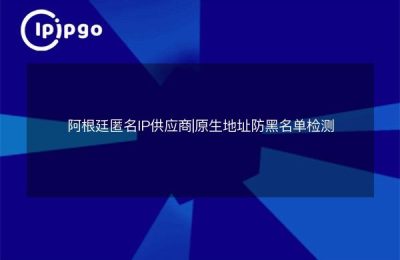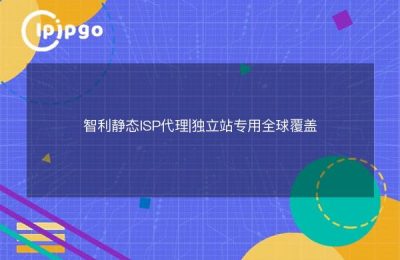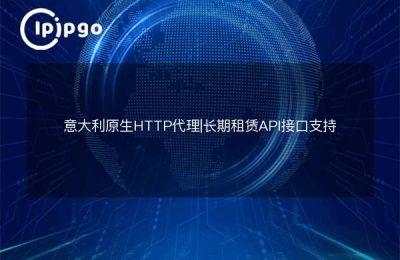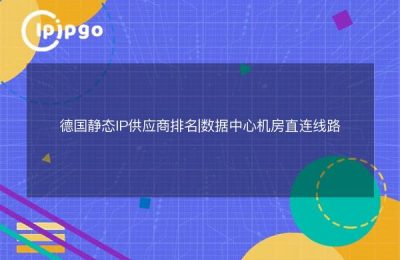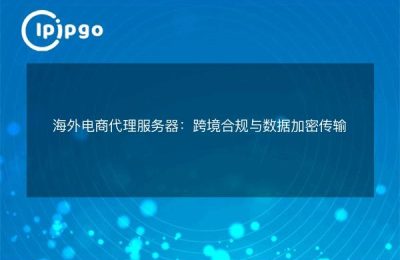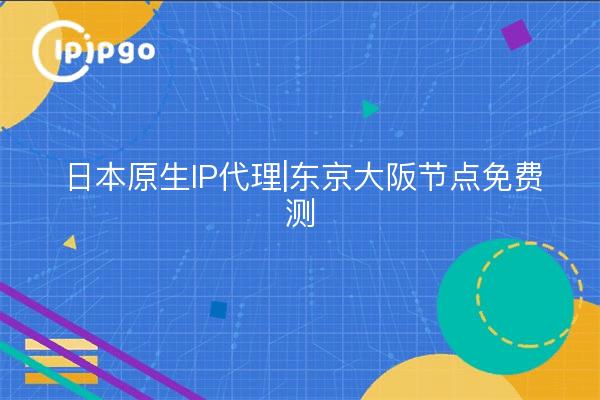
Unique Value of Native IP Proxy in Japan
As important Internet hubs in Asia, Japanese cities such as Tokyo and Osaka have native IPs that are irreplaceable in specific scenarios. Native IP means that the address truly exists in the local network environment in Japan, and compared with ordinary server room IP, thePerfectly matched to the geographic attributes required for service in the Japan region. For example, the use of Japanese native residential IPs can avoid triggering the platform authentication mechanism when certain localized applications are registered and geographical content is accessed.
Core differences between dynamic and static IP
There are two common types of proxy IPs when choosing a proxy IP, and there is a fundamental difference in the scenarios in which they are applied:
| Dynamic Residential IP | Static Residential IP |
|---|---|
| Timed IP address change | Fixed address for long-term use |
| Suitable for short-term high-frequency operations | Ideal for scenarios that require stable logins |
| Simulate real user behavior | Keep your account logged in |
ipipgo supports two modes of switching at the same time, and users can adjust it in real time at the control panel according to their business needs. Its Japanese nodes cover major cities such as Tokyo and Osaka.Each IP comes from a local home broadband network, ensuring IP territorial authenticity.
Three key steps to actualize the Japanese node
1. Geo-verification: Confirmation that the IP belongs to Tokyo/Osaka through the detection interface provided by ipipgo.
2. Speed test: using ICMP and TCP dual protocols to detect latency, it is recommended to select nodes <50ms
3. Stability monitoring: continuous operation for 24 hours to observe the packet loss rate, quality nodes should maintain <0.5%
The ipipgo client has a built-in automated testing tool, which can batch test the operating parameters of multiple nodes at the same time and support exporting detailed test reports.
Typical Application Scenario Analysis
Scenario 1: Cross-border e-commerce logistics docking
When using Osaka Residential IP to interface with the local logistics system, the native IP can avoid being recognized as a third-party interface, ensuring the stability of real-time data acquisition.
Scenario 2: Game Service Latency Optimization
The Tokyo node's low latency characteristics (35ms on average) can effectively improve the online gaming experience, and the dynamic IP pool can also circumvent the gaming platform's wind control mechanism.
Frequently Asked Questions QA
Q: How do I verify if the IP is real and native?
A: Using the WHOIS query tool provided by ipipgo, you can check whether the IP registration information is for a local ISP in Japan, such as NTT Communications or KDDI.
Q: What are the do's and don'ts of the free test?
A: It is recommended to test during off-peak hours (22:00-8:00 Tokyo time), and to avoid initiating more than 50 requests in a short period of time.
Q: How to deal with IP blocking quickly?
A:Enable the intelligent switching mode in ipipgo client, the system will automatically replace to the unblocked IP segments, and record the abnormal IP added to the blocking list

